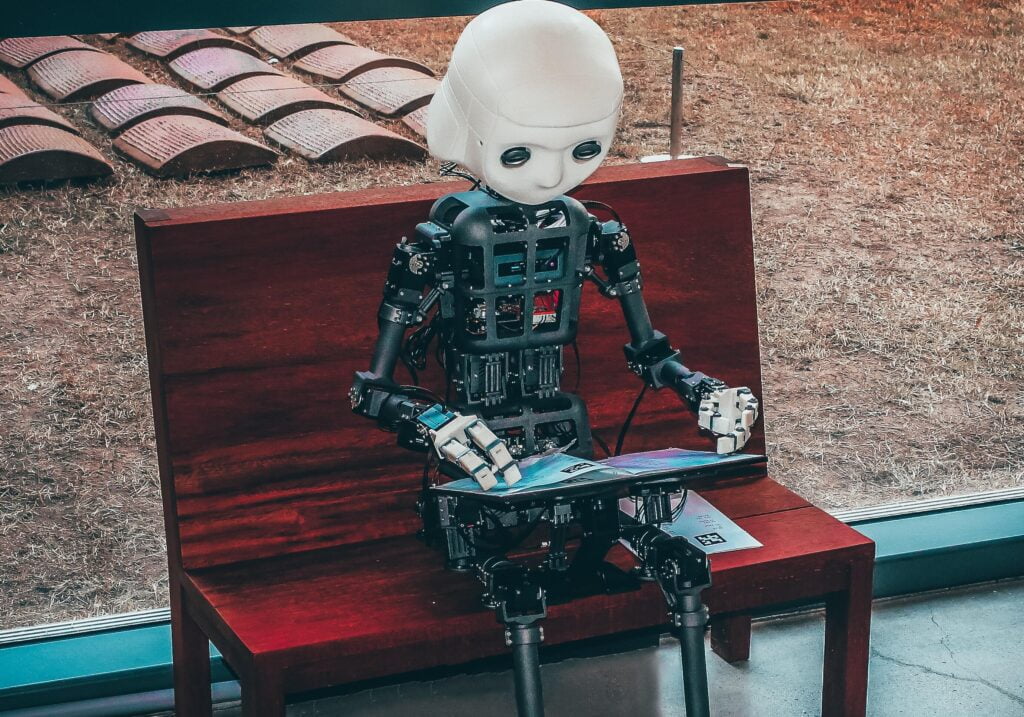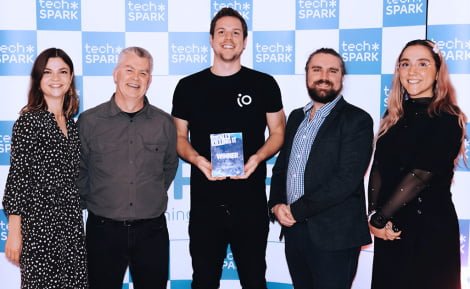The answer to the question is that it is very useful. However, as a sometimes misunderstood term, ‘data science’ and ‘machine learning’ have not actually created real artificial intelligence (AI). Put simply, data science is the use of domain expertise, programming skills, knowledge of mathematics and statistics, and complex mathematical algorithms, to extract meaningful insights from data. Another way to think about it is that the computer is primed to provide essentially educated guesses.
Data science and machine learning are also set to become the biggest in-demand skill set in the careers market over the next 5 years, with the sector expected to be worth $103 billion by 2027. Not bad for educated guesses!
The thing is, an ability to analyse data and come up with insights is not actually what we consider ‘intelligence’ and this is where people often become confused. We haven’t created computers that are self-aware or have anywhere near human levels of intelligence, so how is data science as we know it useful? As we shall see below, computers that are able to extrapolate insights based on provided data is incredibly useful, but it is definitely not the same as the AI we see in Hollywood big-budget sci-fi films. So, we are safe from a Terminator-like judgment day… at least for the time being.
There have been some fantastic (and disastrous) examples of companies using “AI” that is actually machine learning on the internet. Microsoft’s AI chatbot Tay, when it connected to Twitter, is a good example of AI not actually being ‘intelligent’ in a way that humans would recognise as ‘intelligence’. The chatbot could only learn from users tweeting at it and consequently rapidly became the AI equivalent of an internet troll. From this we can see that our data science algorithms are yet to “learn” how to determine a trusted source from a malicious one. A program is only as good as the features it is programmed with. It cannot choose what it wants to learn, like humans can.
Just because we have yet to create a sci-fi style singularity does not mean data science does not have its uses. In fact, quite the opposite. True AI would have far different implications and uses so instead we need to reframe our understanding of data science and what we do with it. It helps if we recognise and understand that using techniques such as machine learning (a specific focus of data science where we allow computers to learn from data to create specific conclusions) only creates an illusion of AI.
So, with significant focus on data science and it’s inherent future possibilities, if it is not actually intelligent yet, what can we use it for? What is driving these incredible market forecasts? Image recognition, facial recognition, speech recognition, improved healthcare and treatments, and product/service recommendations are just a few examples of the kinds of things we are already using data science and machine learning for every single day. How does Netflix know what shows to recommend to you? By using data science to analyse your viewing habits such as viewing times, the duration you watch for, what devices you use, your location and so on. Netflix are doing this with a lot more data than you might have realised. When you consider data science in these terms it’s easy to see how useful it can be.
With the ever-increasing demand for data insights, for commercial applications, academic research and product innovation, now could be the perfect time to move into a career in data science. We have launched a cutting-edge data science and machine learning course starting in May 2022. It is the perfect way to join an industry on the verge of incredible growth, and who knows, maybe you could be at the forefront of creating the first real AI… just preferably not a Terminator.






